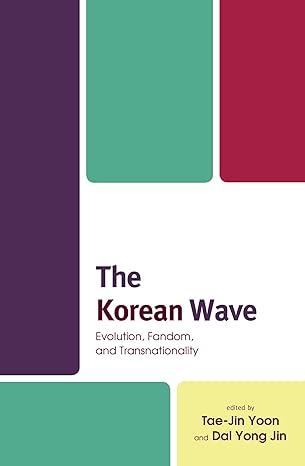-
Reunion
연구/출판
IMA총서
- 제목
- The Korean Wave: Evolution, Fandom, and Transnationality
- 작성일
- 2024.01.29
- 작성자
- 매체와예술연구소 관리자
- 게시글 내용
-

Since the Korean Wave phenomenon started in 1997, Hallyu has undergone many changes. Geographically, while Asia has been the largest cultural market for the Korean cultural industries, other parts of society, including North America, Europe, the Middle East, and Latin America have gradually admitted Korean popular culture. The components of the Korean Wave have also greatly expanded. Hallyu originally implied the exports of a few cultural products, such as television dramas, popular music, and films; however, Korea has recently developed and exported K-pop, digital games and smartphone technologies as well as relevant youth culture. Meanwhile, industrial and technological contexts of the Korean Wave have changed significantly during the last 20 years. The role of social media in the Korean Wave’s transnationalization in recent years is especially intriguing because fans around the world can easily access social media to enjoy K-pop, digital games, and films. The changes in the nature and appearance of the Korean Wave, conceptual and theoretical shifts in the studies of the Korean Wave, and the influences of the development of media technologies on the Korean Wave are all very significant. This book aims to provide a better understanding of Hallyu's theoretical and institutional history on one hand, and new features of the Korean Wave on the other hand.
- 첨부